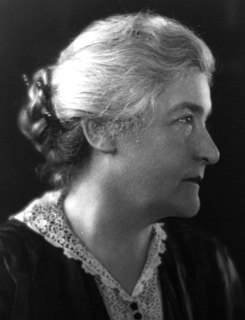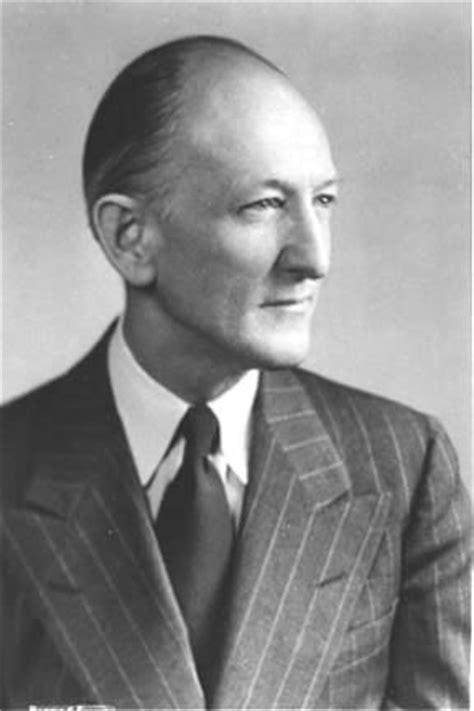A Quote by Alan Turing
We may hope that machines will eventually compete with men in all purely intellectual fields.
Quote Topics
Related Quotes
We may hope that machines will eventually compete with men in all purely intellectual fields. But which are the best ones to start with? Many people think that a very abstract activity, like the playing of chess, would be best. It can also be maintained that it is best to provide the machine with the best sense organs that money can buy, and then teach it to understand and speak English.
The development of artificial intelligence may well imply that man will relinquish his intellectual supremacy in favor of thinking machines. With oceans of time available for future innovation, there seems to be no reason why machines cannot achieve and surpass anything of which the human brain is capable.
When one speaks of increasing power, machinery, and industry there comes up a picture of a cold, metallic sort of world in which great factories will drive away the trees, the flowers, the birds, and the green fields. And that then we shall have a world composed of metal machines and human machines. With all of that I do not agree. I think that unless we know more about the machines and their use, unless we better understand the mechanical portion of life, we cannot have the time to enjoy the trees, and the birds, and the flowers, and the green fields.
What you hope, you will eventually believe.
What you believe you will eventually know. What you know, you will eventually create. What you create,
you will eventually experience. What you experience,
you will eventually express. What you express,
you will eventually become.
This is the formula for all of life.
Although we will hate and fight the machines, we will be supplanted anyway, and rightly so, for the intelligent machines to which we will give birth may, better than we, carry on the striving toward the goal of understanding and using the Universe, climbing to heights we ourselves could never aspire to.
To the possible enquiry as to the probable character of a successful flying machine, the writer would answer that in his judgment two types of such machines may eventually be evolved: one, which may be termed the soaring type, and which will carry but a single operator, and another, likely to be developed somewhat later, which may be termed the journeying type, to carry several passengers, and to be provided with a motor.



































